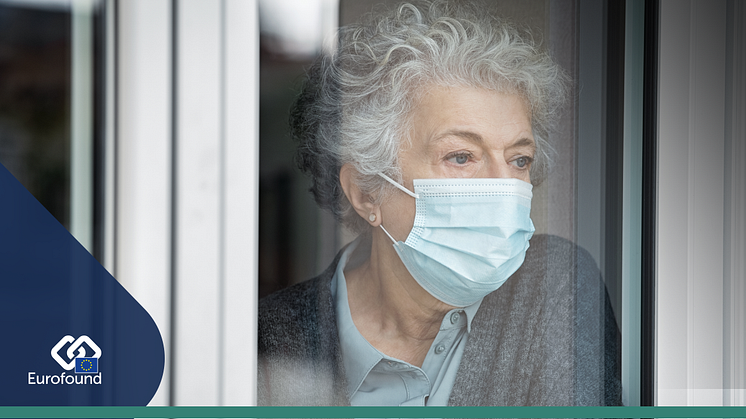
News -
Lithuania looks to re-establish pre-pandemic progress
In the decade prior to the COVID-19 pandemic Lithuania had a steady increase in unweighted average disposable income, recording the largest increases alongside Romania. It also recorded the lowest gender employment gap in the EU in 2019. Like other Member States, however, the pandemic has set Lithuania back in a number of labour market and social indicators, and in particular it saw a rise in unemployment among older workers.
During the COVID-19 crisis, unemployment in Lithuania among people aged 50-64 rose from 6.5% to 9.0%. This increase of 2.5 percentage points is the largest in the EU. The European average unemployment for this age group remained stable between 2019 and 2020 at 5.1%. This comes out of the recent Eurofound report COVID-19 and older people: Impact on their lives, support and care, which captures the impact of the COVID-19 crisis on the quality of life of older citizens, including the impact on their well-being, finances, employment and social inclusion.
Similar results were found in Eurofound’s large-scale Living, working and COVID-19 online survey, which identified Lithuania as having the second highest proportion of people having lost jobs during the pandemic. In Spring 2021, 20% of respondents from Lithuania reported no longer being employed as compared to before the onset of COVID-19. This is up from 10% in summer 2020 and 6% in spring 2020. While the EU average also increased, it is marked at 10% for spring 2021.
Addressing unmet healthcare needs is another area where Lithuania will seek to further progress. Unmet healthcare needs had increased in Lithuania during the first wave and lockdown measures. In summer 2020, 37.8% of respondents indicated to have needed a medical examination or treatment that they did not receive, which was the second highest proportion following Hungary (38.2%). However, the healthcare situation improved in Lithuania towards 2021. In Spring of last year, about one in four respondents (25.6%) reported having an unmet need for healthcare.
Lithuania’s long-term economic and social progress is highlighted in Eurofound’s Flagship report Monitoring convergence in the European Union: Looking backwards to move forward – Upward convergence through crises. It shows a steady increase in the unweighted average of disposable household income in the EU27 from 2008 to 2019. The largest increases were found in Lithuania and Romania. In addition, the report notes the lowest gender employment gaps in 2019 were recorded in the Nordic countries (Finland, 2.7%; Sweden, 4.7%) and the Baltic states (Lithuania, 1.6%; Latvia, 3.8%).
Further information
- Report: COVID-19 and older people: Impact on their lives, support and care
- Report: Living, working and COVID-19 (Update April 2021): Mental health and trust decline across EU as pandemic enters another year
- Report: Monitoring convergence in the European Union: Looking backwards to move forward – Upward convergence through crises
- Data: Living, working and COVID-19
- Data: Democracy and trust during COVID-19 - Lithuania
- Data: Working during COVID-19 - Lithuania
- Data: Financial situation and security during COVID-19 - Lithuania
- Data: Quality of public services during COVID-19 - Lithuania
- Data: Support measures during COVID-19 - Lithuania
- Data: Vaccinations during COVID-19 - Lithuania
- Working paper: Lithuania: Working life in the COVID-19 pandemic 2020
- Database: COVID-19 EU PolicyWatch - Lithuania
- Country page: Lithuania


